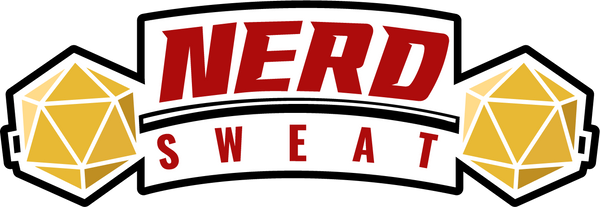
The Role of Nutrition in Your Fitness Journey: Healthy Eating Tips for the Over-50 Crowd
Starting a fitness journey at 50 is a commendable decision, and while exercise is a crucial component, nutrition plays an equally vital role in achieving your health and fitness goals. Eating a balanced diet can enhance your energy levels, support muscle growth, and improve overall well-being. Here’s a comprehensive guide on how to fuel your body effectively as you embark on your fitness journey.
Understand Your Nutritional Needs
As you age, your body’s nutritional needs change. Metabolism tends to slow down, and maintaining muscle mass becomes more challenging. Thus, it’s important to focus on nutrient-dense foods that provide the necessary vitamins, minerals, and macronutrients without excessive calories.
Prioritize Protein Intake
Protein is essential for muscle repair and growth, especially as you engage in regular exercise. Aim to include high-quality protein sources in each meal. This could include lean meats, fish, eggs, dairy products, beans, and legumes. For a quick boost, consider protein shakes or bars, particularly after workouts.
References and Additional Resources:
- Harvard T.H. Chan School of Public Health: Protein
- National Institute on Aging: Choosing Healthy Meals As You Get Older
Embrace Healthy Fats
Not all fats are created equal. Incorporate healthy fats from sources like avocados, nuts, seeds, olive oil, and fatty fish such as salmon. These fats are crucial for heart health, reducing inflammation, and providing sustained energy.
References and Additional Resources:
Load Up on Fruits and Vegetables
Fruits and vegetables are rich in vitamins, minerals, and antioxidants, which help combat oxidative stress and inflammation. Aim for a colorful variety to ensure you’re getting a wide range of nutrients. Leafy greens, berries, citrus fruits, and cruciferous vegetables are particularly beneficial.
References and Additional Resources:
Stay Hydrated
Proper hydration is often overlooked but is crucial for overall health and optimal physical performance. As you age, your sense of thirst may diminish, so it’s important to drink water regularly throughout the day. Aim for at least 8 cups of water daily, more if you’re engaging in intense physical activity.
References and Additional Resources:
- National Institutes of Health: Water, Hydration, and Health
- Mayo Clinic: Water: How Much Should You Drink Every Day?
Balance Your Macronutrients
A balanced diet includes appropriate amounts of carbohydrates, proteins, and fats. Carbohydrates, particularly complex carbs like whole grains, fruits, and vegetables, provide the necessary energy for your workouts and daily activities. Avoid simple sugars and refined carbs that can lead to energy crashes and weight gain.
References and Additional Resources:
Manage Portion Sizes
As metabolism slows down with age, managing portion sizes becomes increasingly important to avoid unwanted weight gain. Pay attention to hunger and fullness cues, and try to eat smaller, more frequent meals throughout the day to maintain energy levels and support metabolism.
References and Additional Resources:
- National Institute on Aging: Smart Food Choices for Healthy Aging
- Cleveland Clinic: Nutrition for Older Adults
Supplement Wisely
While a balanced diet should provide most of your nutritional needs, certain supplements can be beneficial, especially if you have specific deficiencies. Calcium and vitamin D are crucial for bone health, and omega-3 fatty acids can support heart health. Always consult with a healthcare provider before starting any supplements.
References and Additional Resources:
Conclusion
Nutrition is a cornerstone of a successful fitness journey, particularly for those over 50. By focusing on a balanced diet rich in protein, healthy fats, fruits, vegetables, and whole grains, you can fuel your body effectively and support your fitness goals. Remember to stay hydrated, manage portion sizes, and consider supplementation if necessary. With the right nutrition, you’ll enhance your energy levels, support muscle growth, and improve your overall well-being as you embrace your fitness journey.
By integrating these nutritional strategies into your daily routine, you’ll be well-equipped to achieve your fitness goals and enjoy a healthier, more active life.
